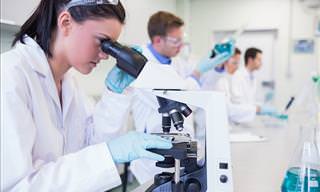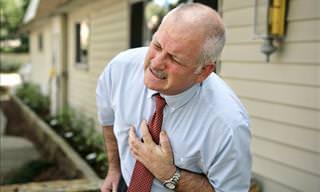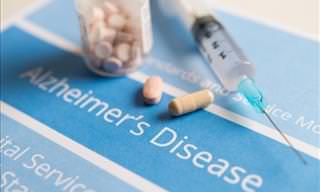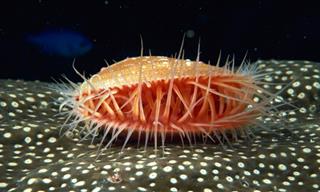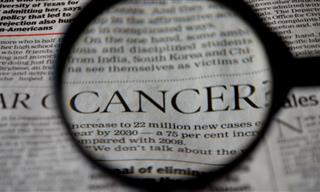Apart from the researchers from the Dana-Farber Cancer Institute, other researchers, too, were a part of this study, including ones from the Mayo Clinic. Together, they studied 1,171 colon cancer patients in an observational study as part of a clinical trial. They discovered that anyone who drank two or three cups of coffee a day had a much better survival rate than patients who didn't drink any coffee. They also found that cancer progressed more slowly in the participants who drank coffee and was less likely to worsen.
What is the study about?
Previous research has already shown that regular coffee drinking can be associated with lowering the risk of certain types of cancer, while also improving metabolism and leading to fewer incidents of cardiovascular illness. Moreover, two previous studies in 2017 and 2015 have also found that drinking coffee was linked with better results in patients with earlier-stage, non-metastatic colon cancer.
For this study, the researchers particularly focused on the effects of coffee, nonherbal tea, and caffeine on cancer recurrence and mortality. It was discovered that patients who drank around 460 milligrams of caffeine a day had 42% fewer chances of their cancer recurring than those who didn’t drink coffee at all. Also, those who regularly drank coffee were 33% less likely to die from cancer or any other reason during the follow-up period.
"Our study found that patients being treated with chemotherapy for metastatic colorectal cancers who drank coffee saw a longer period of time before both growth of their cancer and before death,” explained study co-lead author Christopher Mackintosh, a fourth-year medical student at the Mayo Clinic School of Medicine in Phoenix.
Further analysis of the team’s results showed that the lower cancer risk was due to the amount of caffeine consumed by the patients instead of other components of the coffee. At present, the exact mechanism behind these findings is unknown. However, scientists believe that coffee could have protective effects in cancer patients because it helps lessen insulin levels and also because it has a high antioxidant content. In other words, more coffee intake could lead to less insulin being required by the body and thus reduce risks of any potential inflammation. Inflammation, it must be mentioned here, is a risk factor for both cancer and diabetes.
The research offers hope for colon cancer patients
Colon cancer has been on the rise in the past decade, particularly among younger people. Adults older than 50, however, continue to be more at risk. Metastatic colon cancer, which has spread from its original location, remains a terminal disease in most cases. Hence, if drinking coffee can help improve the survival rate in such patients, it is indeed good news.
Having said that, let’s not forget that this is an observational study. While this research team's work does show a link between coffee and better cancer outcomes, it doesn’t prove that coffee intake will slow down the cancer growth or will cause the death rate to drop. More research is needed to understand the effect coffee can have on cancer patients. Unless we have something really substantive, we shouldn’t take coffee as a means to cure or prevent cancer.
However, a high intake of coffee isn’t harmful and has been proven to be beneficial. “If you are a coffee drinker and are being treated for colon cancer, don’t stop,” says Fuchs. “But if you’re not a coffee drinker and wondering whether to start, you should first discuss it with your physician.”
The study does offer hope for colon cancer patients and maybe, in the future, we will get to find a more definitive connection between coffee consumption and improved outcomes in patients with colorectal cancer.
For the time being, you can enjoy your cup of coffee and relish its other benefits.
Share this post with those who might find it useful...
 Go to BabaMail
Go to BabaMail








